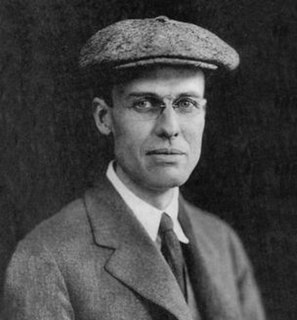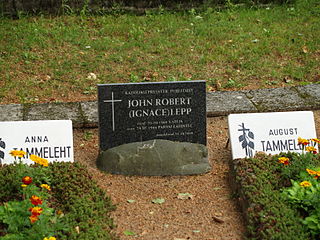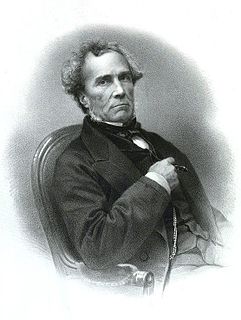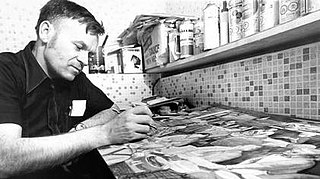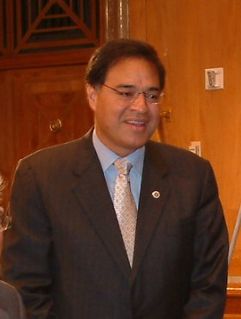A Quote by Edward Hopper
It's (the lack of communication between the people in his paintings, ed.) probably a reflection of my own, if I may say, loneliness. I don't know. It could be the whole human condition.
Related Quotes
If friendship is to transpire between two people, it is important that both be in a state of availability. I have often been in the company of those who complain that they have no friends. Inevitably, I have observed that this condition was due to their own lack of availability; they were too encumbered to be able to welcome another. Such unavailability may be exterior in nature; that is, people may lack the time or the emotional energy necessary for friendship.
Solitude is a condition of peace that stands in direct opposition to loneliness. Loneliness is like sitting in an empty room and being aware of the space around you. It is a condition of separateness. Solitude is becoming one with the space around you. It is a condition of union. loneliness is small, solitude is large. loneliness closes in around you; solitude expands toward the infinite. loneliness has its roots in words, in an internal conversation that nodbody answers; solitude has it's roots in the great silence of eternity.
When Christ said: I was hungry and you fed me, he didn't mean only the hunger for bread and for food; he also meant the hunger to be loved. Jesus himself experienced this loneliness. He came amongst his own and his own received him not, and it hurt him then and it has kept on hurting him. The same hunger, the same loneliness, the same having no one to be accepted by and to be loved and wanted by. Every human being in that case resembles Christ in his loneliness; and that is the hardest part, that's real hunger.
I have seen the Indian in his forests, and the Negro in his chains, and thought, as I contemplated their pitiable condition, that I saw the very extreme of human wretchedness; but I did not then know the condition of unfortunate Ireland...In all countries, more or less, paupers may be discovered; but an entire nation of paupers is what was never seen until it was shown in Ireland.
Paintings may not have nearly the power to convert people that the printed or spoken word has, but each man has his part to play in the human and divine drama - some persons just a few lines, others whole pages. To refuse to play one's role at all is not the answer. It is better to light one candle than to curse the darkness.
Given enough time, you could convince yourself that loneliness was something better, that it was solitude, the ideal condition for reflection, even a kind of freedom. Once you were thus convinced, you were foolish to open the door and let anyone in, not all the way in. You risked the hard-won equilibrium, that tranquility that you called peace
Here is the true meaning and value of compassion and nonviolence, when it helps us to see the enemy's point of view, to hear his questions, to know his assessment of ourselves. For from his view we may indeed see the basic weaknesses of our own condition, and if we are mature, we may learn and grow and profit from the wisdom of the brothers who are called the opposition.
And because the condition of Man, (as hath been declared in the precedent Chapter) is a condition of Warre of every one against everyone; in which case every one is governed by his own Reason; and there is nothing he can make use of, that may not be a help unto him, in preserving his life against his enemyes; It followeth, that in such a condition, every man has a Right to every thing; even to one anothers body.
The real debate about both the horrific inequality in the world and about the terrorism and frightening instability in the world requires analysis of the differences in upset-adaption or alienation-from-soul between individuals, races, genders, generations, countries, civilisations and cultures, but until the human condition could be explained and the upset state of the human condition compassionately understood and thus defended that debate could not take place.
TV has taken reflection out of the human condition. People didn't use to have a ready answer for everything, whether they knew something about it or not. People think they have to have an answer for everything because the guys on TV have an answer for everything. But it's bullsh**t! Reflection is crucial.
The whole gospel of Karl Marx can be summed up in a single sentence: Hate the man who is better off than you are. Never under any circumstances admit that his success may be due to his own efforts, to the productive contribution he has made to the whole community. Always attribute his success to the exploitation, the cheating, the more or less open robbery of others. Never under any circumstances admit that your own failure may be owing to your own weakness, or that the failure of anyone else may be due to his own defects - his laziness, incompetence, improvidence, or stupidity.
